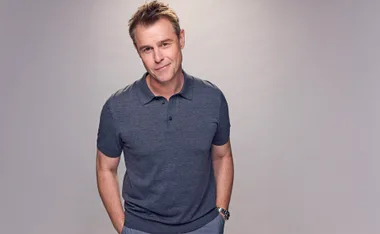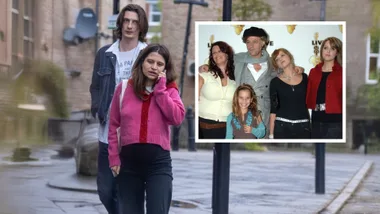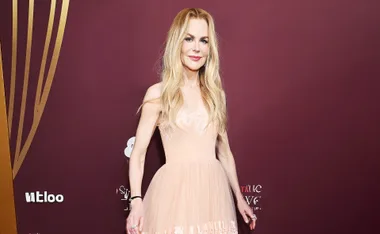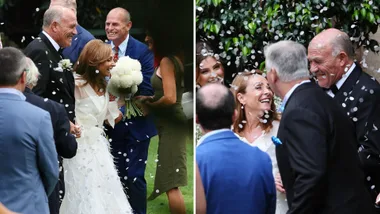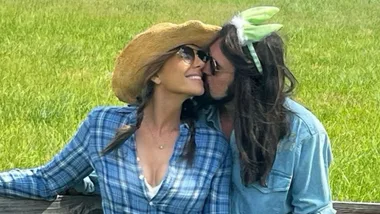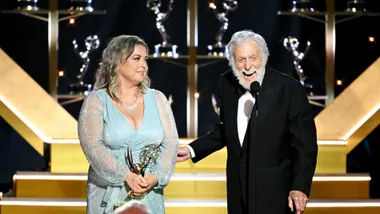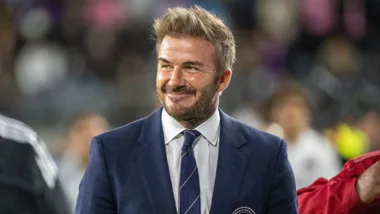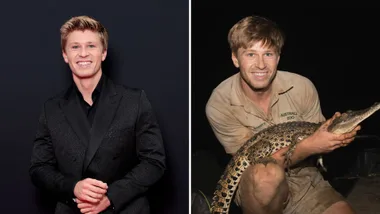Exclusive extract from The Consequences of Marriage by Isla Dewar (Headline).
These days, the allotment, with its winding brick paths, small white picket fences and vibrant flowerbeds, was a little neglected. Weeds had pushed up through the cracks in the path, and the small shed where the tools were kept, and where Bibi sat by an old electric heater, needed painting.
This space was hers, always had been. Callum had not been welcome here. At first, when Bibi started renting the plot, he’d come along. He had helped to lay the brick paths. But then he’d begun to tell her what to plant, and where. He’d mocked her decision to grow brussel sprouts: ‘Nobody will eat them,’ he’d said. He’d scoffed at her plan to have roses climbing over the shed and to put lupins in the flowerbeds. ‘You’re just a little suburbanite at heart, aren’t you? You’ll want a small square lawn and a perfect row of tulips I suppose.’
‘No lawn and a clump of tulips,’ said Bibi.
‘This is land,’ said Callum, spreading his arms, swirling to embrace the area. ‘Leave it alone to grow as it’s meant to, encourage natural plants, nettles and the like. Watch it go wild and enjoy the life that will come to it — foxes, badgers, field mice.’
‘Rats,’ said Bibi. ‘I hate rats.’
‘You’re prejudiced. You have no right to hate rats. what have they done to you? They are part of the environment.’
‘Not my environment,’ said Bibi. ‘You leave me alone to do what I want. This is my garden.’
‘It’s your chance to make a statement,’ said Callum. ‘You can say what you feel about small houses, small gardens and small minds. You can give this spot back to nature. You can liberate it.’ Callum had been keen on liberating things.
‘I’ve got a statement to make,’ said Bibi, ‘and my statement is bugger off.’ She poked him lightly in the belly with the end of her hoe. ‘Get off my land. Let me cultivate my space as I want to. Like I said, bugger off.’
Callum had turned and left. He’d taken the car; Bibi had had to walk home. Not that she minded. In fact, there had been a spring in her step; she was feeling jubilant. This hadn’t been the first time she’d stood up to Callum. It had, however, been the first time she’d won.
Callum had not been gracious in defeat. He poured scorn on Bibi’s gardening efforts. He mocked when he came across her market garden catalogues, ridiculed the fruit bushes and packets of vegetable seeds that arrived through the post. But when Bibi came home after a hard day working her soil, arms laden with radishes, lettuces, rhubarb, new potatoes, raspberries, strawberries and gooseberries, and when the fruits of her labour turned up on his dinner plate tasting fresh and juicy, he changed his tune.
‘From our own garden,’ he’d tell guests. ‘We grow nearly all our own food now. We’re practically self sufficient.’
Bibi let his boasting pass. That was Callum, she told herself. He described everything they did together, every idea they concocted as a couple, in the first person. ‘I did that,’ he’d say. Or ‘It was my idea.’ Every achievement that was Bibi’s own was referred to as the first person plural: ‘We grow our own food.’ He was not a man who liked to be excluded.
Sitting in her shed, remembering her husband, Bibi smiled. There was not a day passed but she did not revisit scenes from her marriage. They haunted her mostly at home, in the flat where they’d lived, fought, had discussions, prepared food, made love. This was who she came here to this shed to sit, when there was little or no work to be done, on her old deckchair by the heater, drinking tea from her thermos. Callum and her children had rarely come here, this was where she was nobody’s mother and nobody’s wife. She was Bibi.

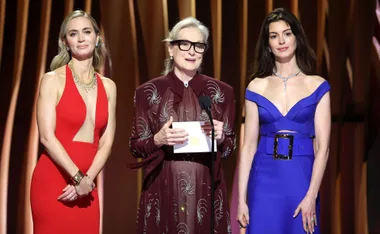
.jpg?resize=380%2C285)
